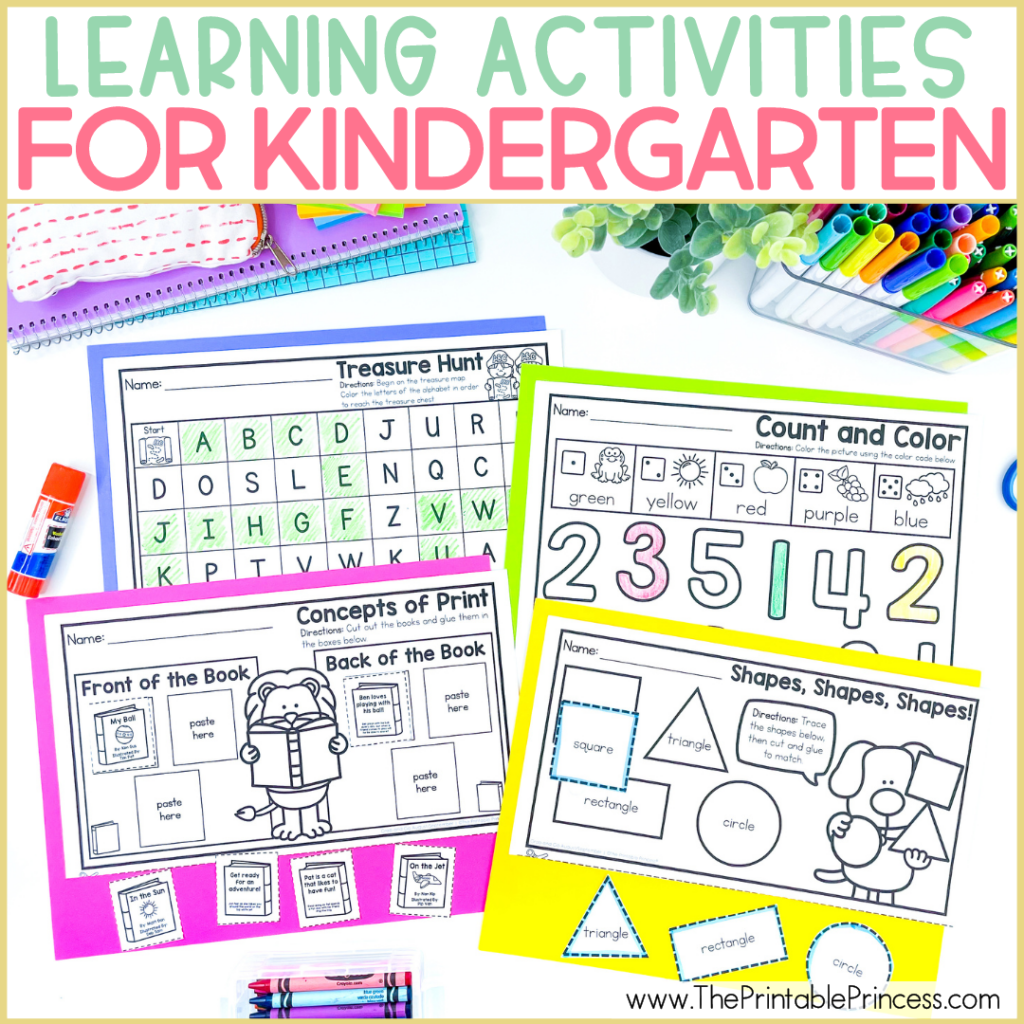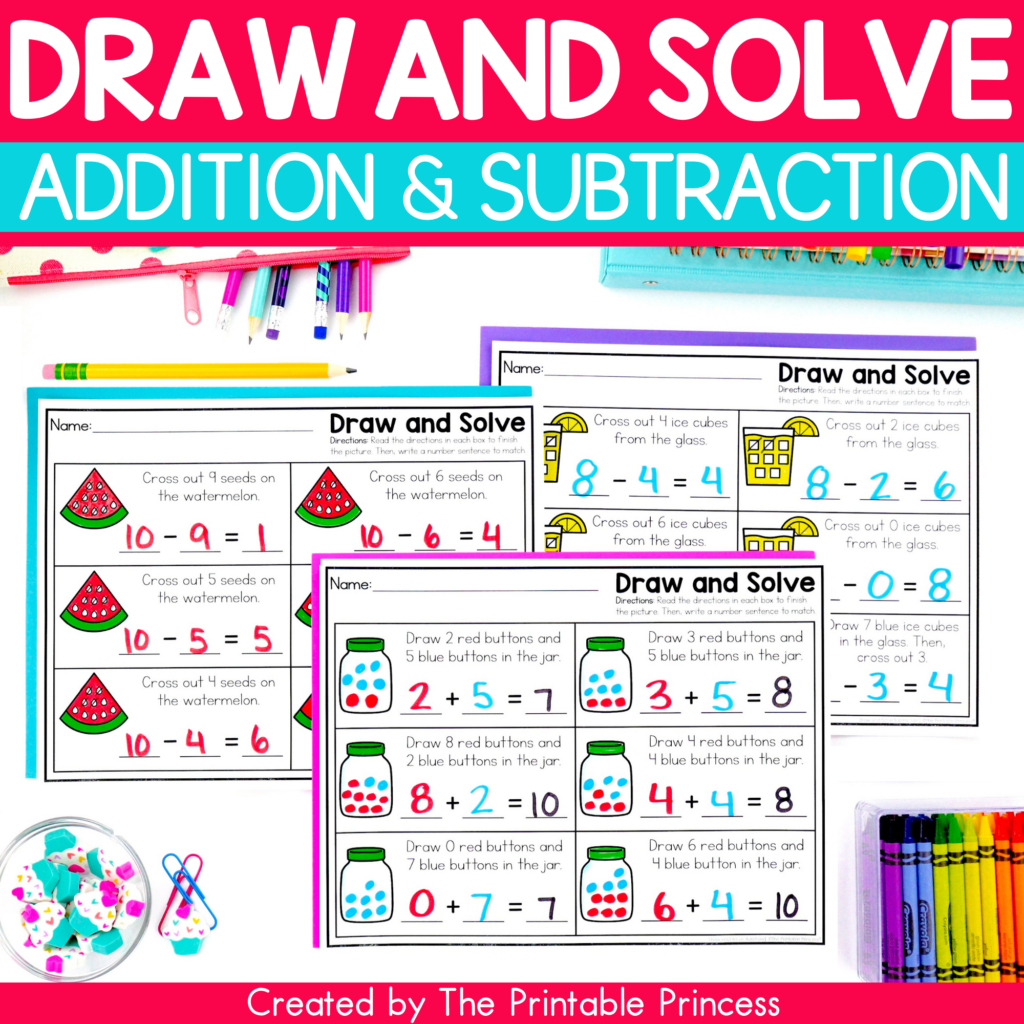When School Morale is Low
There’s no doubt about it: teaching can be a tough gig. There are so many responsibilities and demands that come with the job.
In addition to the actual daily teaching aspect of our job (which, in and of itself is a heavy load), teachers must also pull their weight as a grade level team mate and faculty member. They must also maintain relationships with parents and be responsible for professional development.
And, oh yeah, manage the growth and development of the many tiny human beings in our care. It’s no wonder that teachers live in a perpetual state of overwhelm!
It’s easy to see how some people fall into the trap of focusing on all that is negative about the job and unwittingly become active participants in dragging down school morale.
So what do you do when school morale has dipped below your comfort level?
Here are five tips to help you keep your focus on what’s truly important- your students, your profession, and your well-being.

This article, along with many other articles on The Printable Princess, contains Amazon affiliate links. If you purchase through the link I earn a small commission. Clicking these links does not cost you any extra but helps this website to keep great articles and freebies coming your way.
School Morale: Tips for Staying Positive
Establish clear boundaries.
Boundaries serve an important function for our mental health. They help us safeguard our emotional and physical energy, clarify where we want to put our focus, and allow us to live life in accordance with our personal values and standards.
One simple way to establish boundaries is to define three things that are crucial to your job happiness and use them as your guiding principles.
For example, “For me to be successful in this profession, I need to feel organized, balanced and connected to my students.” Make these principles your mantra and walk away from situations that conflict with your goals.
Steer clear of the drama.
The truth is, gossip and complaining are a common occurrence in most workplaces. But there’s a big difference between healthy venting and problem solving and the type of chronic negativity that leads to workplace toxicity.
Avoid the low school morale traps and minimize your involvement with key players. When conversations take a negative turn, don’t engage.
Pretty soon you’ll become known as a person who doesn’t participate in the type of smack talk that can bring a building down. And who knows? Maybe your attitude will be contagious.

Choose to rise above.
The good news is, while we can’t control all of the very real hard issues facing teachers these days, we do have a choice about our own attitude and behavior… every single day. Focus on the daily victories that happen in your classroom and with your workmates.
Vow to be a problem solver, not a complainer. Look for opportunities for cooperation as opposed to commiseration. Control what you can and let the rest fall away.
Go back to your roots.
It’s easy to get discouraged by school morale drama, but try to keep your outlook positive by remembering why you went into teaching in the first place. More than likely you were drawn to the idea of making a difference in the life of little people.
Make it a habit to pause at the end of the school day and think about all the ways, big and small, that you connected with your students. Be proud of the hard work you put in each and every day to help them learn and grow. It may not always be easy, but in the end, it's worth it.
Consider starting a gratitude journal. Each day take a minute and write down one or two things you are thankful for or that went well during the day. I love this teacher one and I love the quotes along each page.
Leave it at school.
Most importantly, vow to do your best to not bring any school morale drama/negativity home with you. It's sometimes harder than it sounds but have a plan to transition from school to home.
Create a buffer zone by driving the long way home to clear your head. Once you get home take some time for a little self-care. Play with your dog, go for a walk, or pour a glass of wine and draw a warm bath- whatever helps you transition peacefully away from the school day.
What you do day-in and day-out as an educator is so very important. The impact you have both in and out of the classroom is invaluable. It can be so easy to get discouraged and caught up in all the negative.

Remember choosing to look on the bright side is as much of a choice as looking at the negative side. You cannot always choose what happens, but you can choose how you react to it. Here's to choosing happiness! For more tips on living your best teacher life, check these out.
Until next time,















One Comment